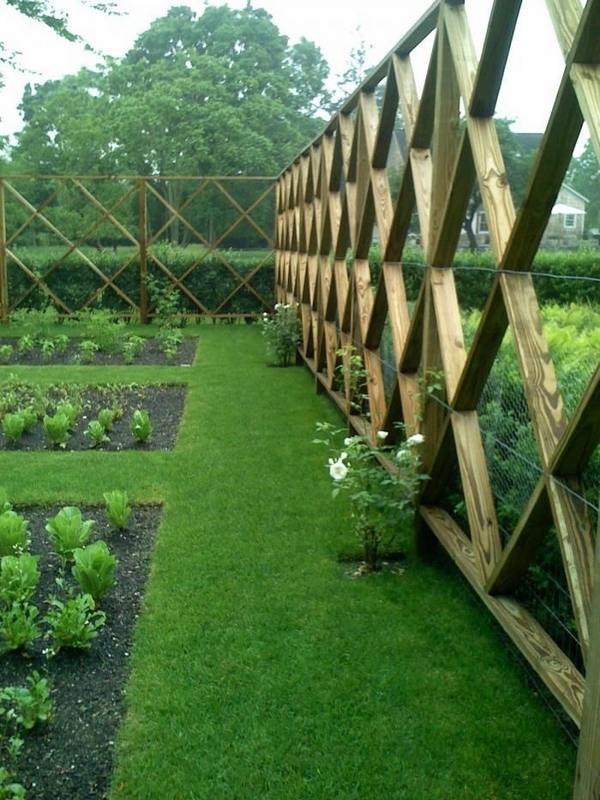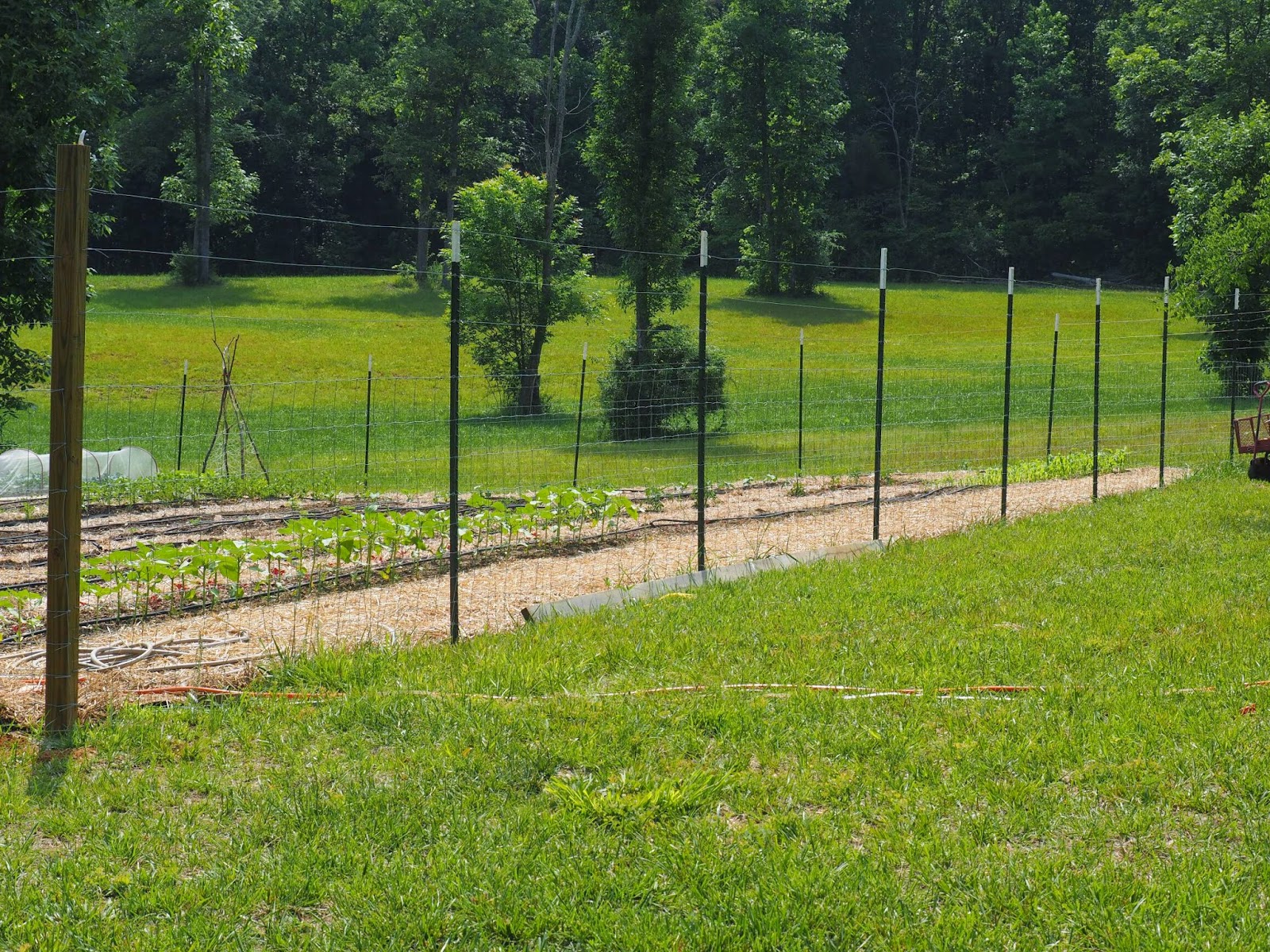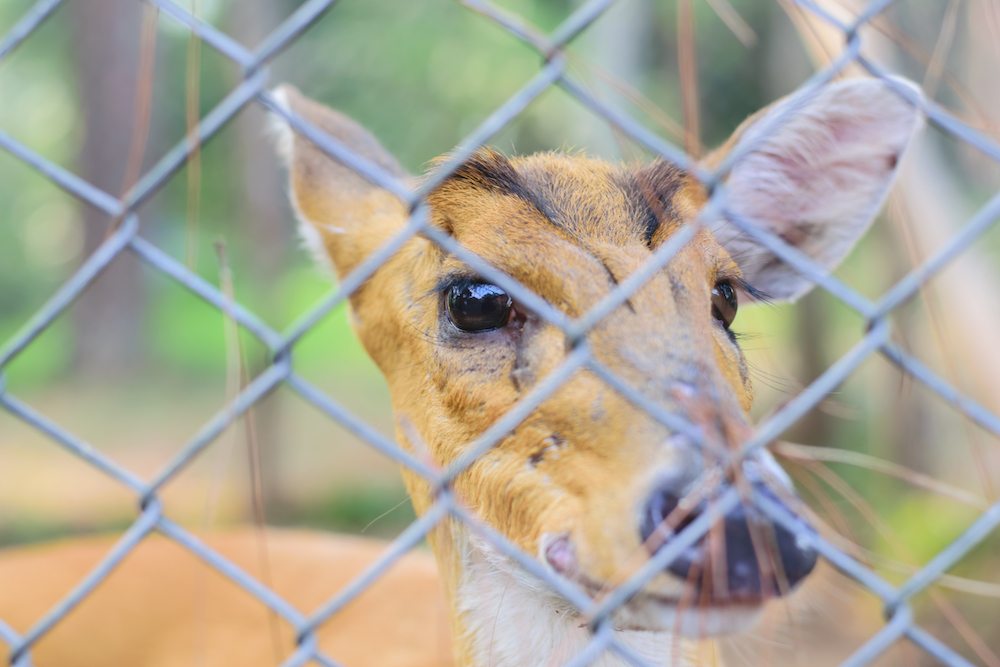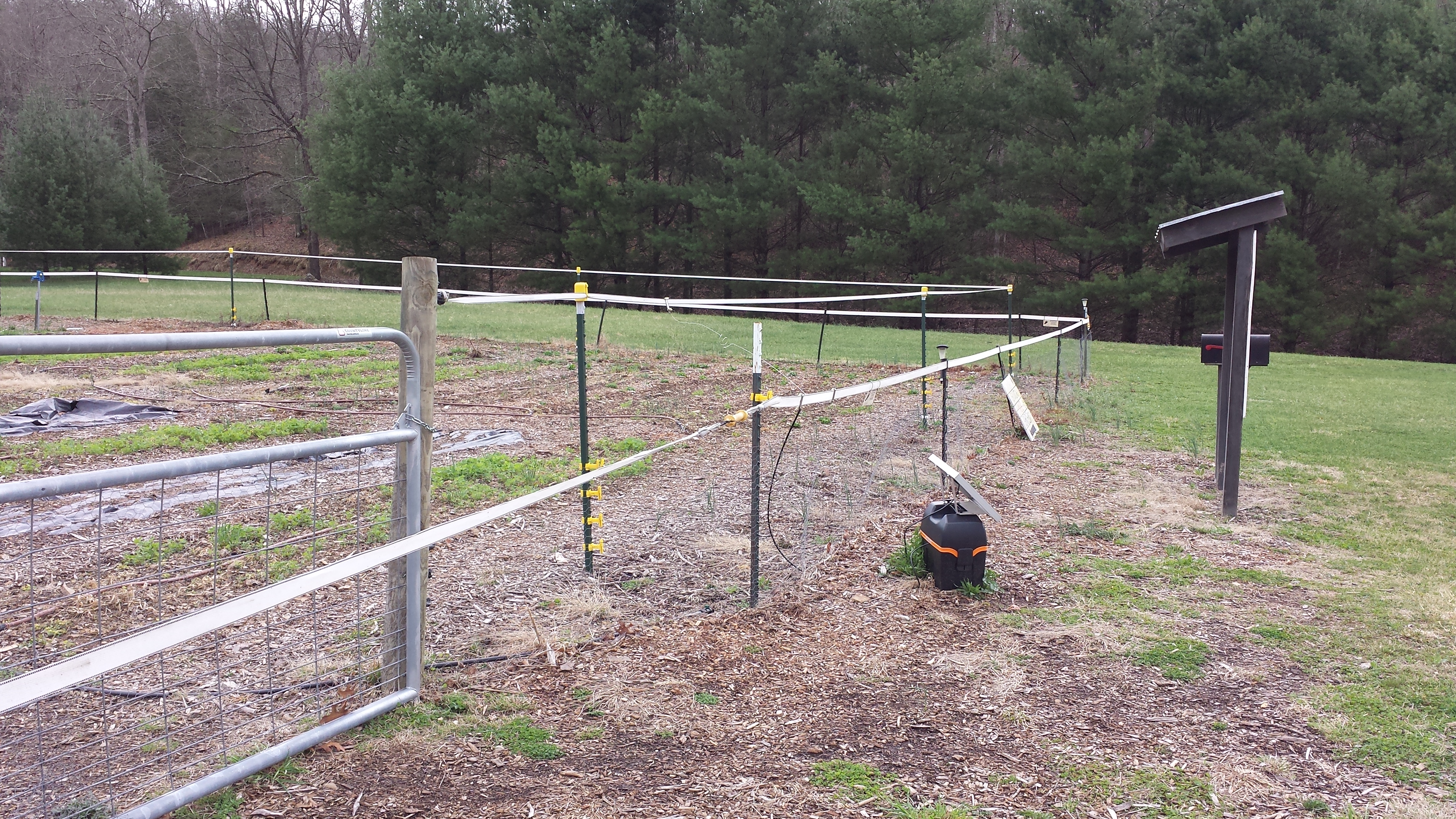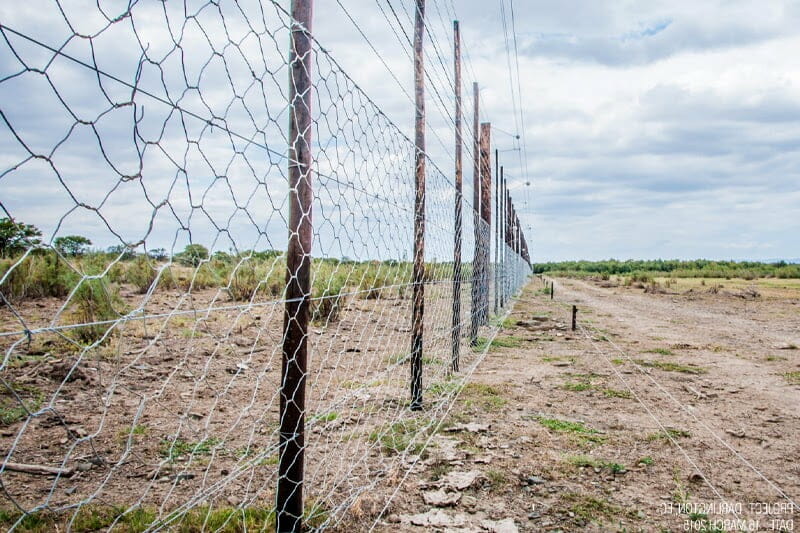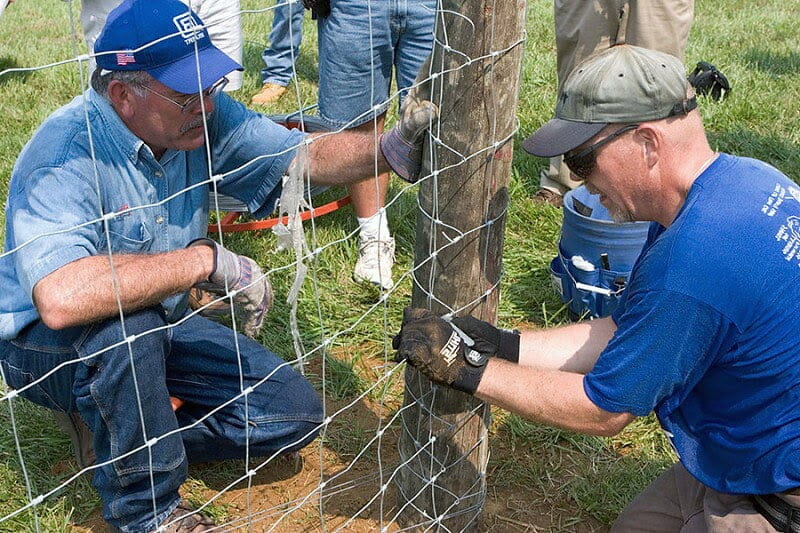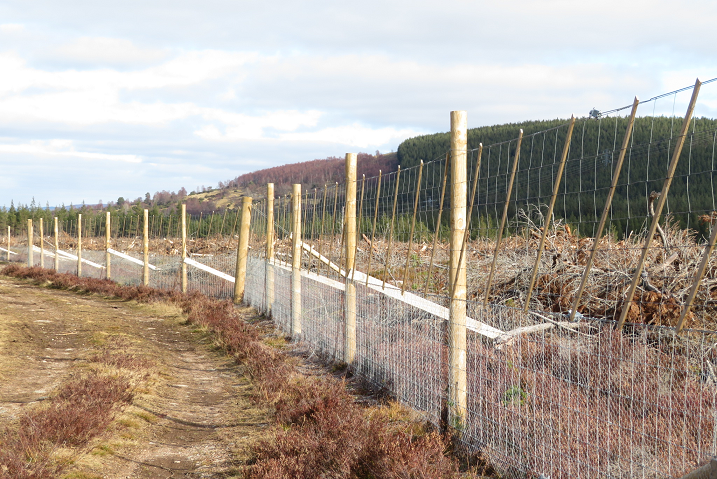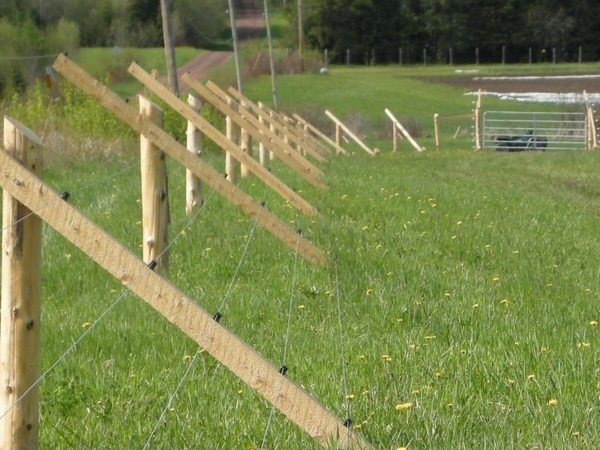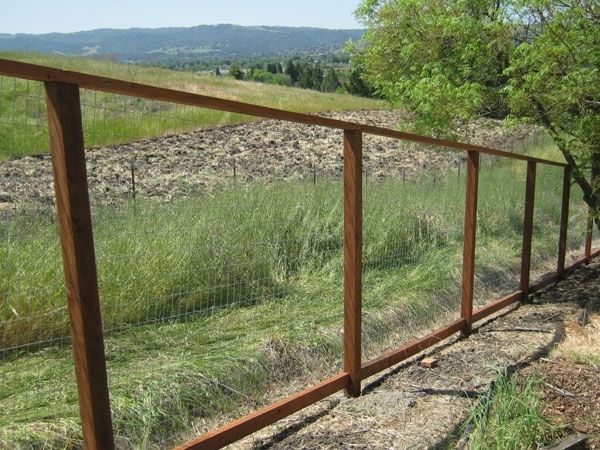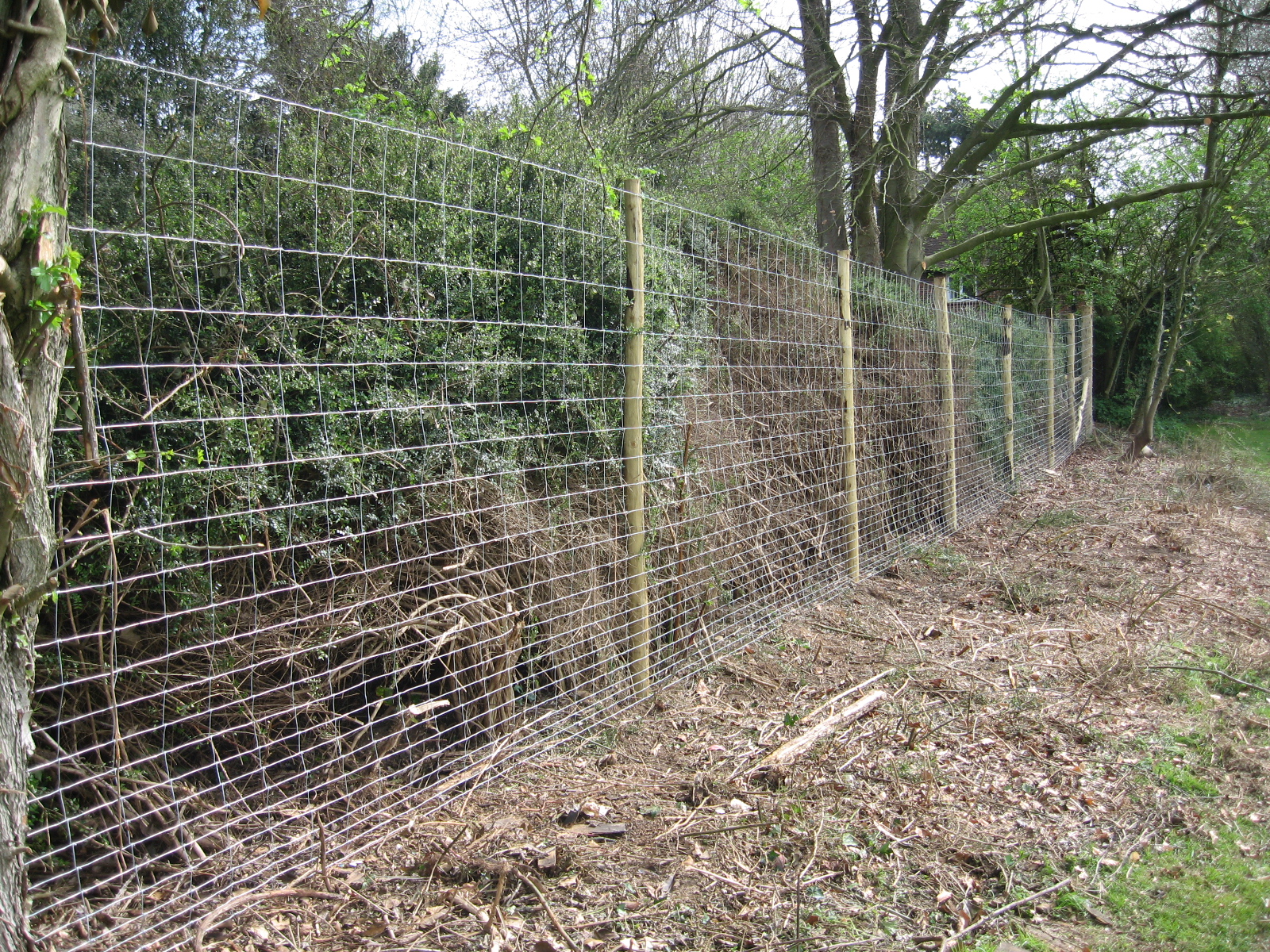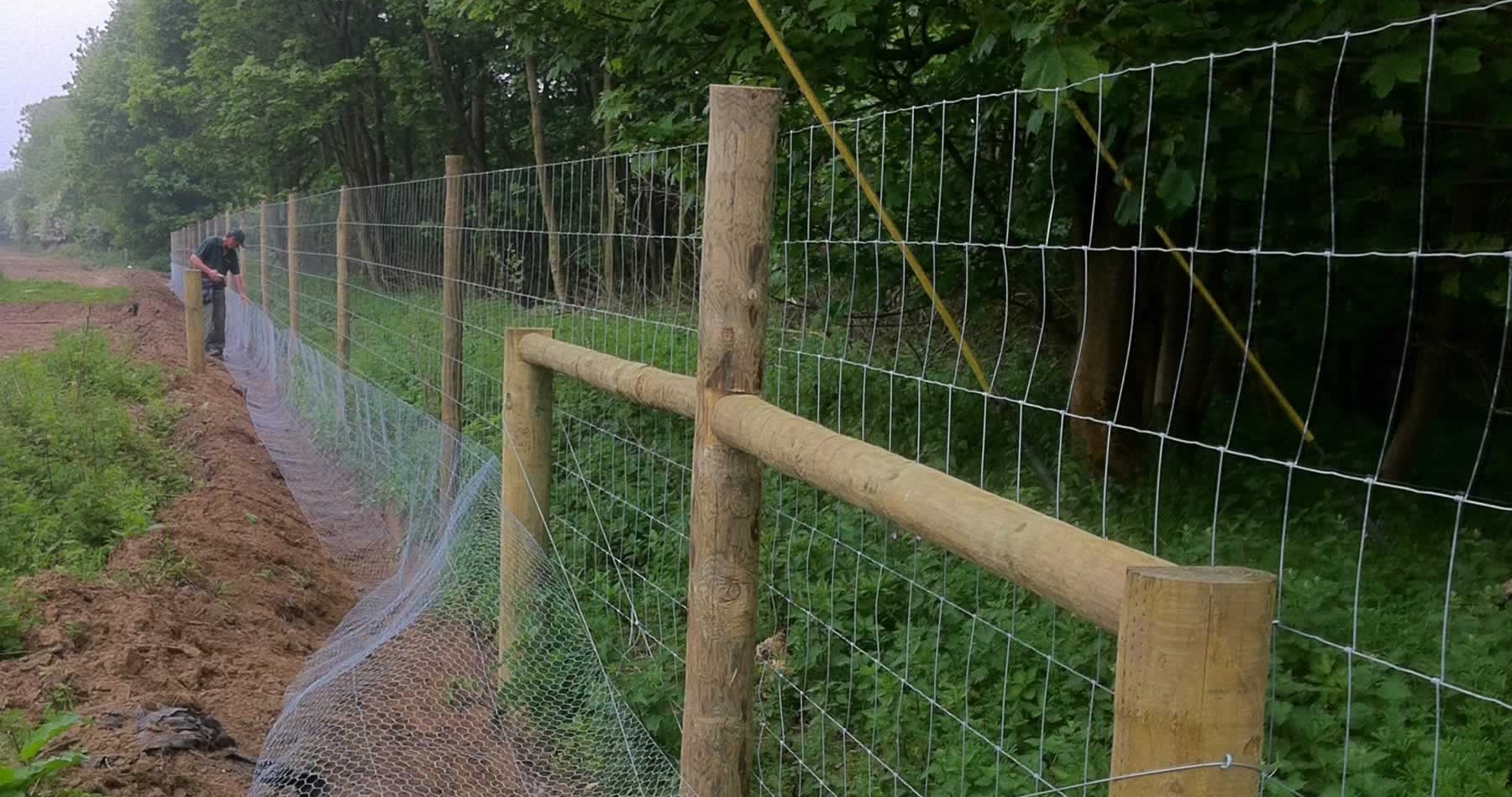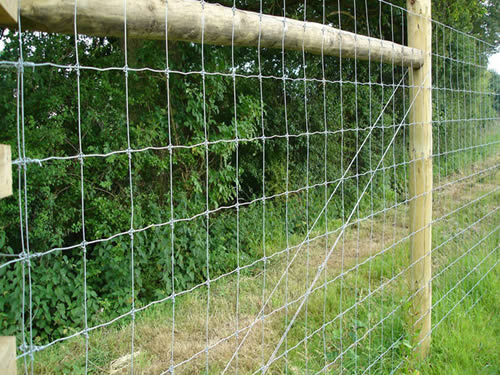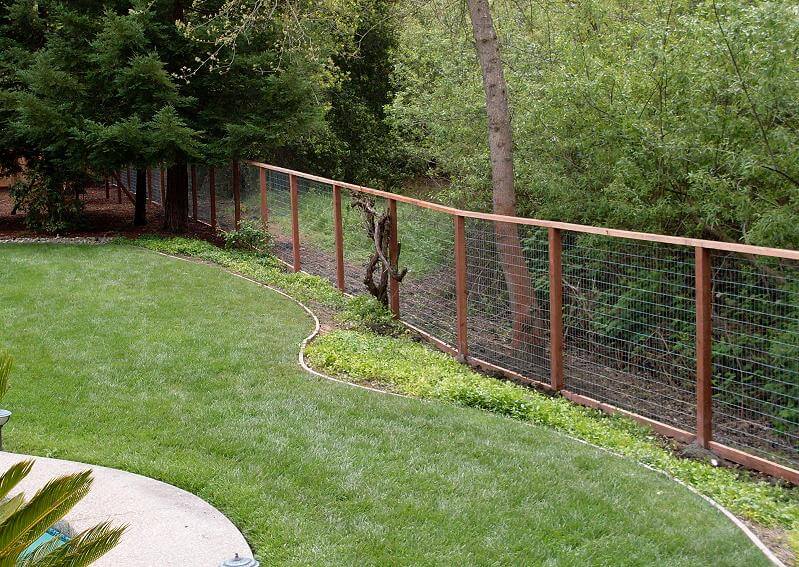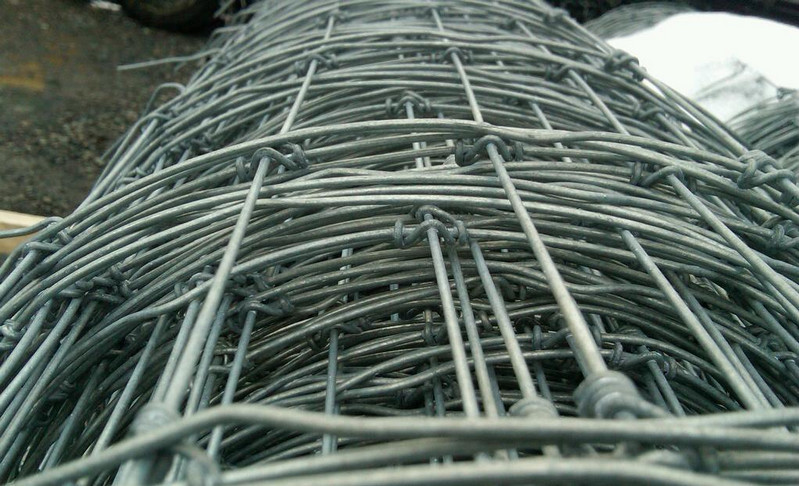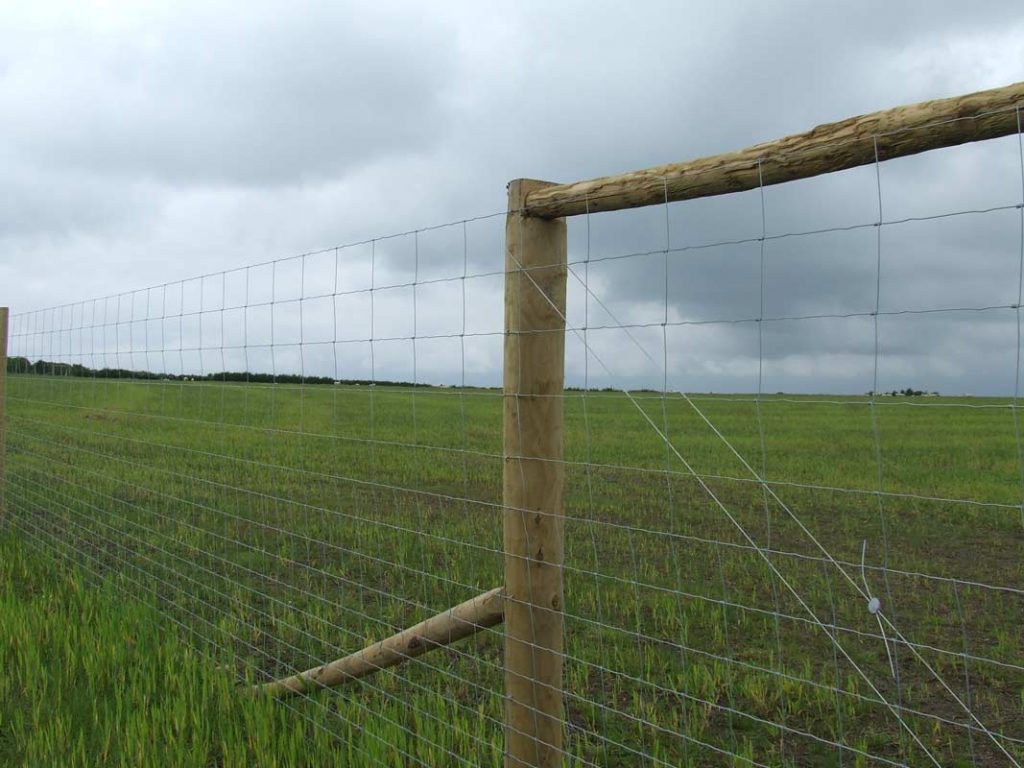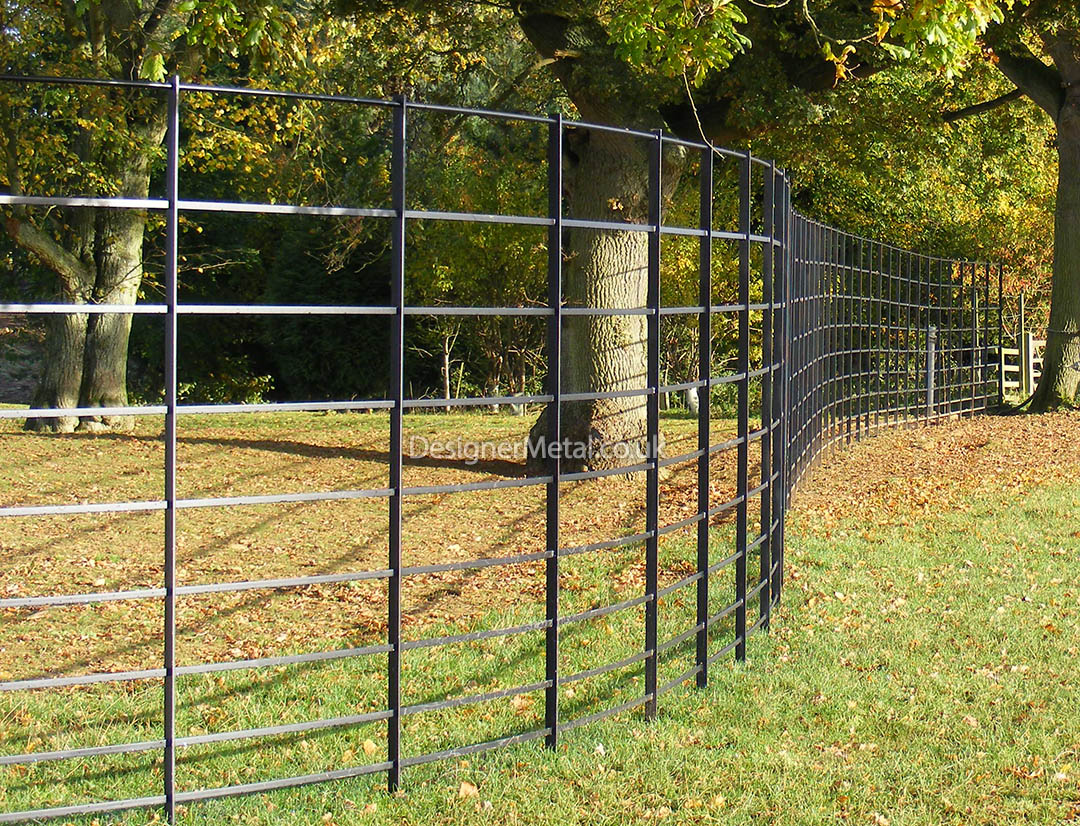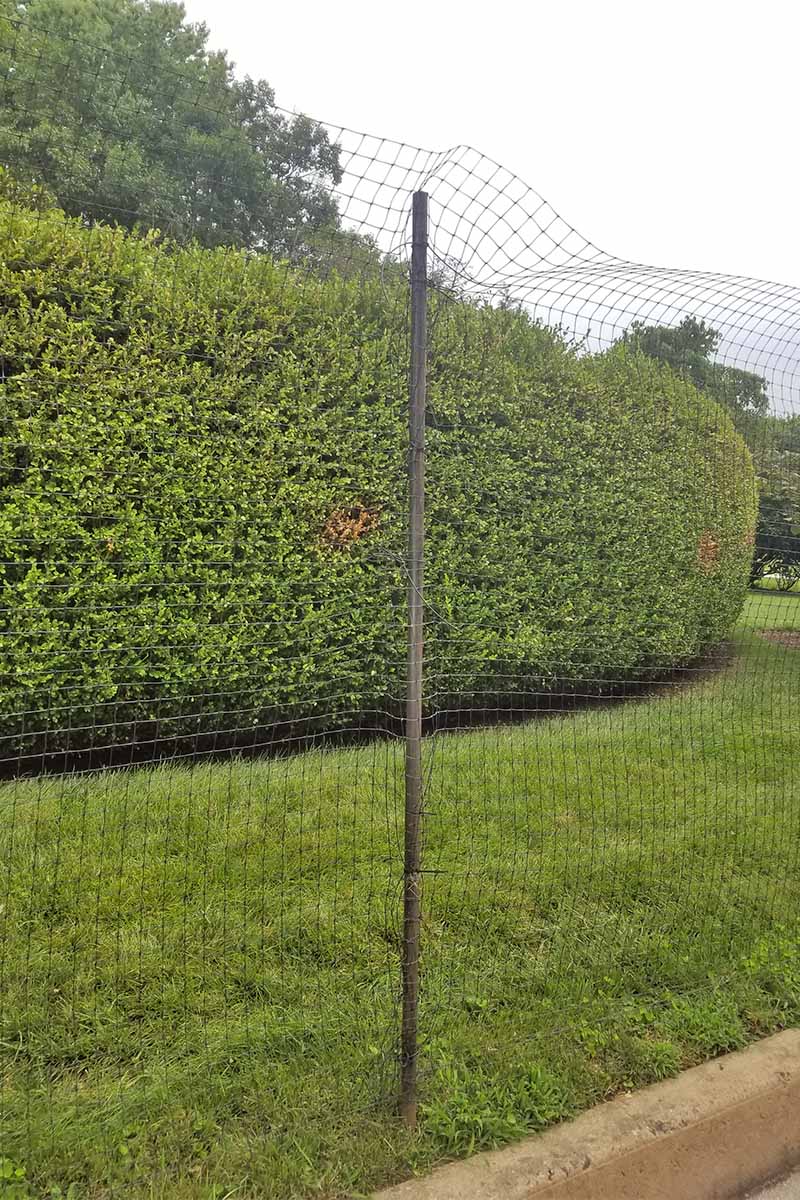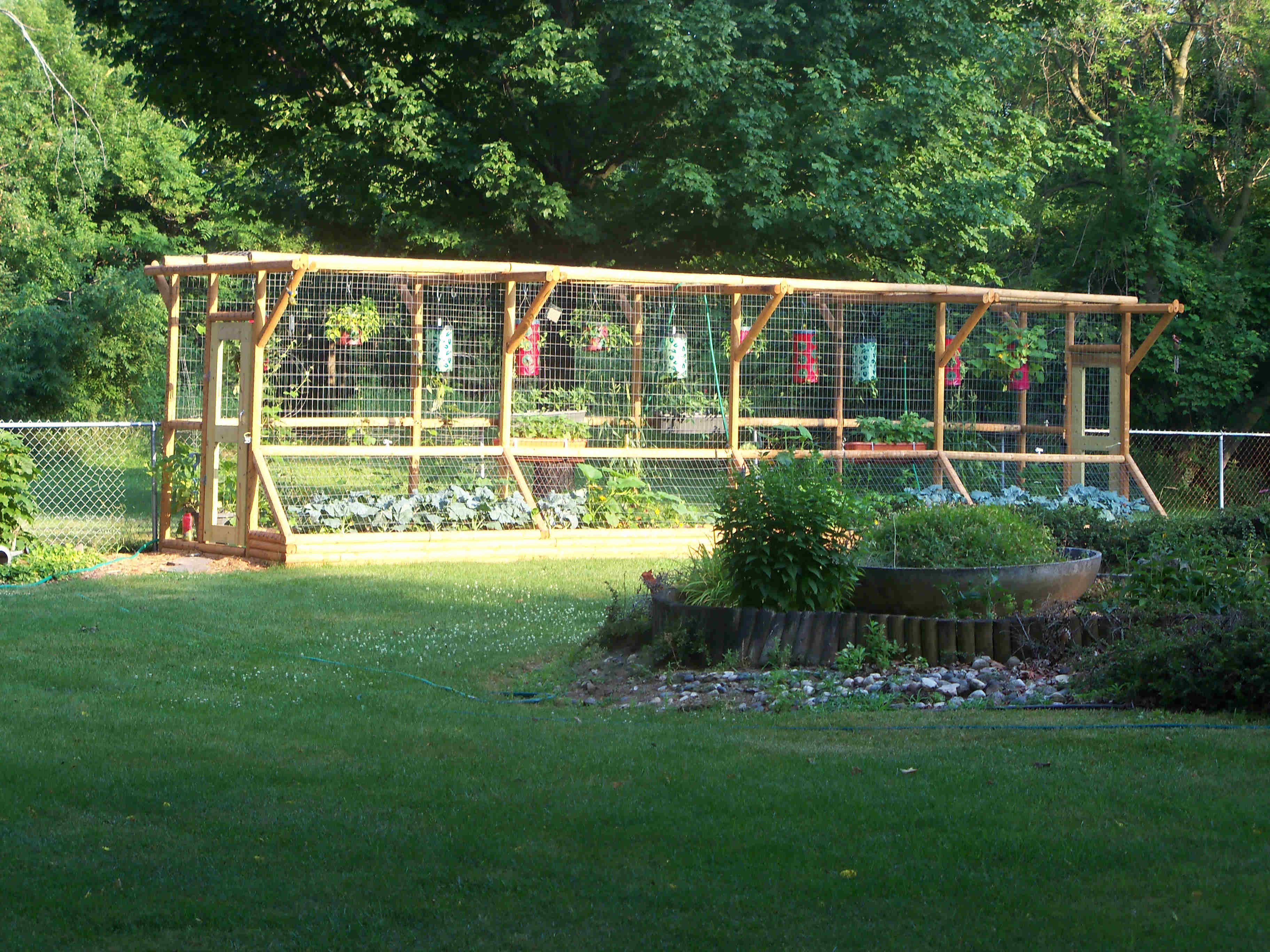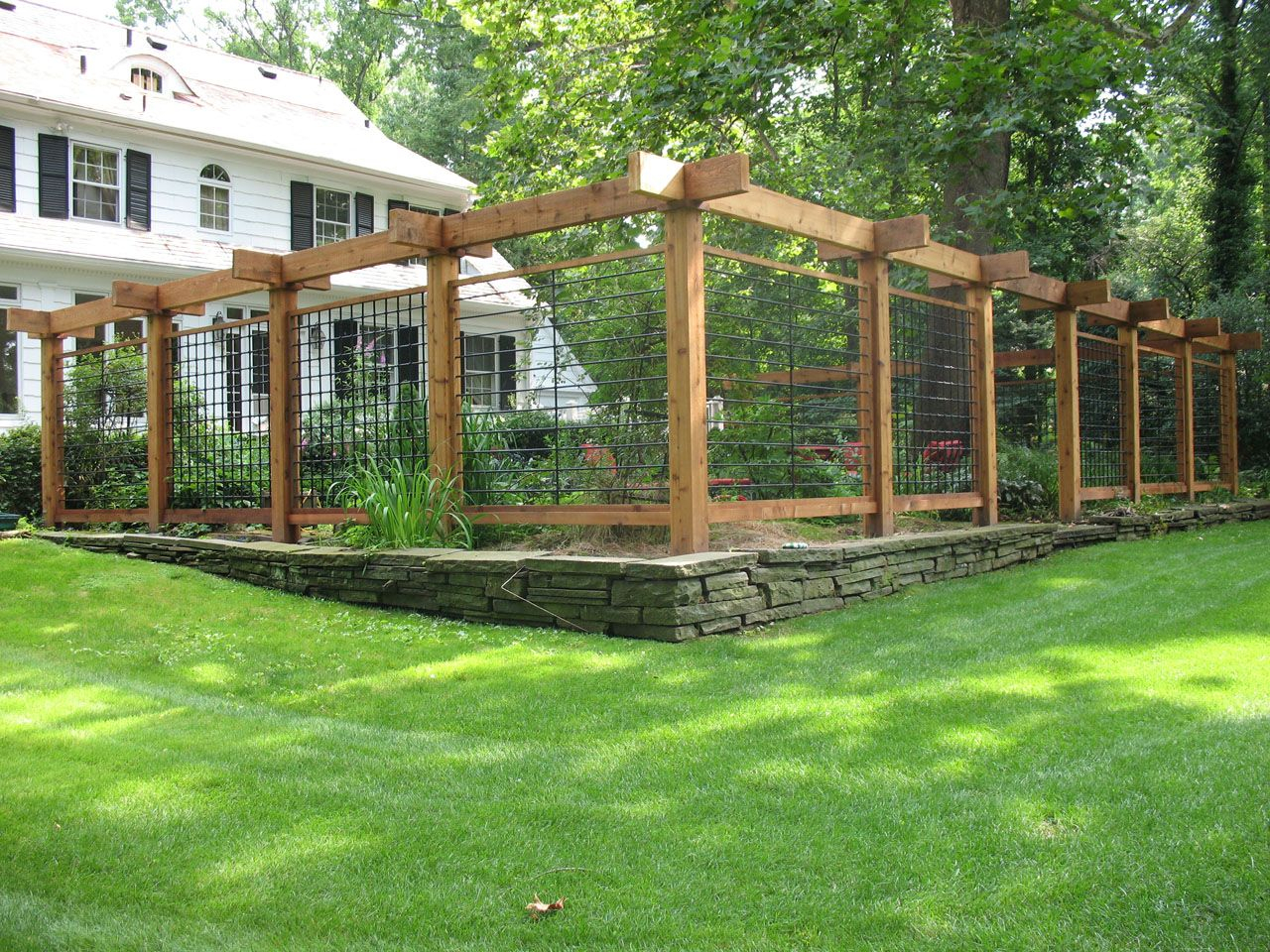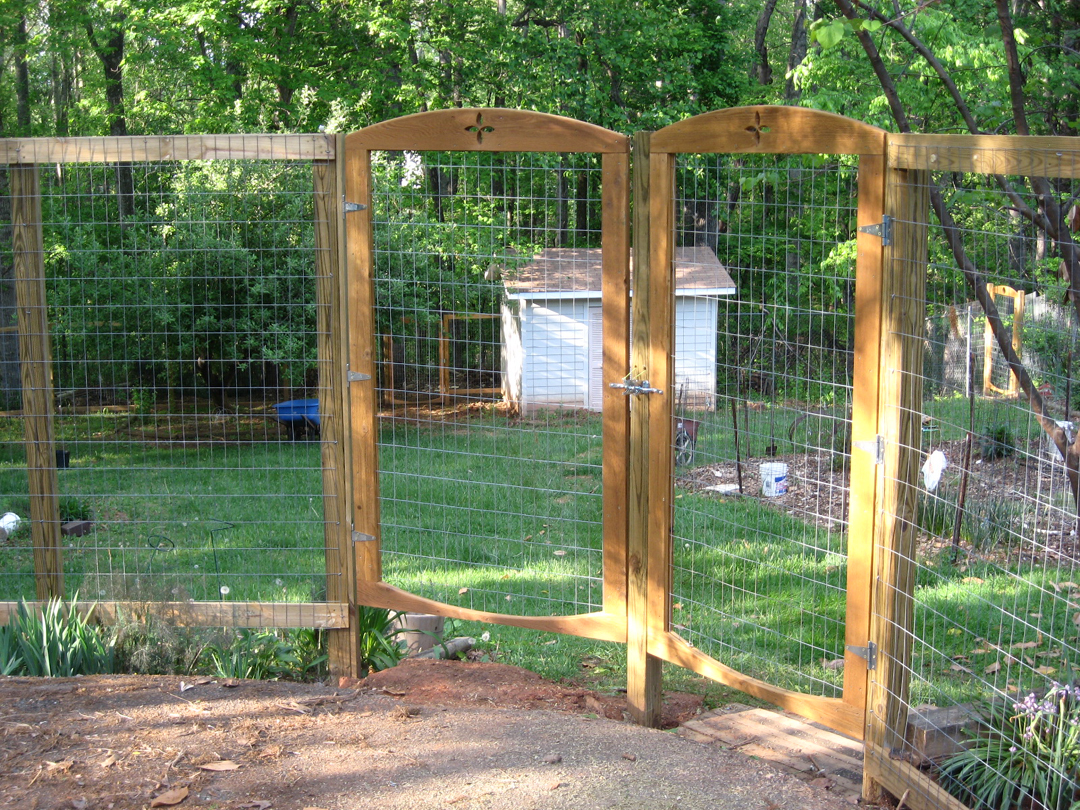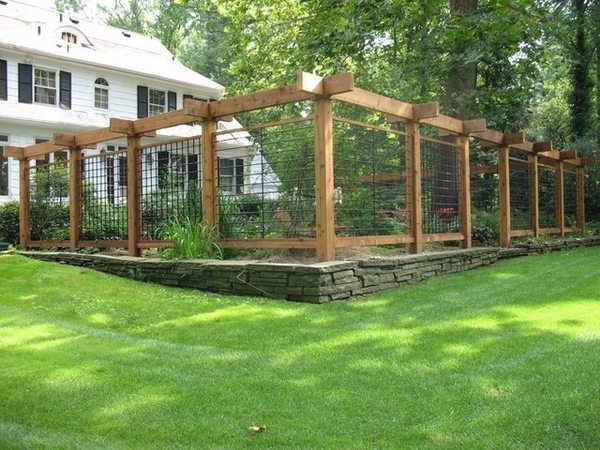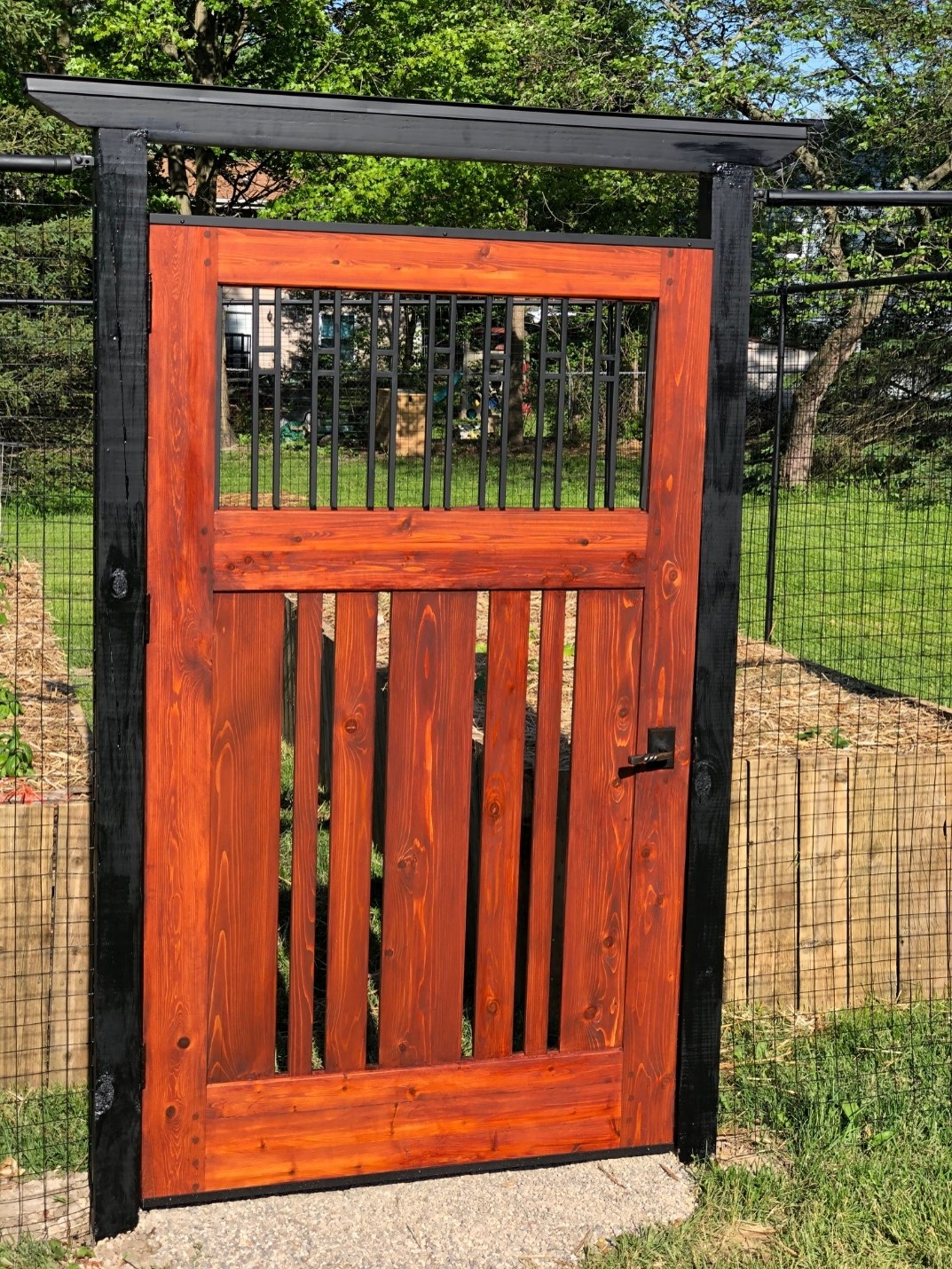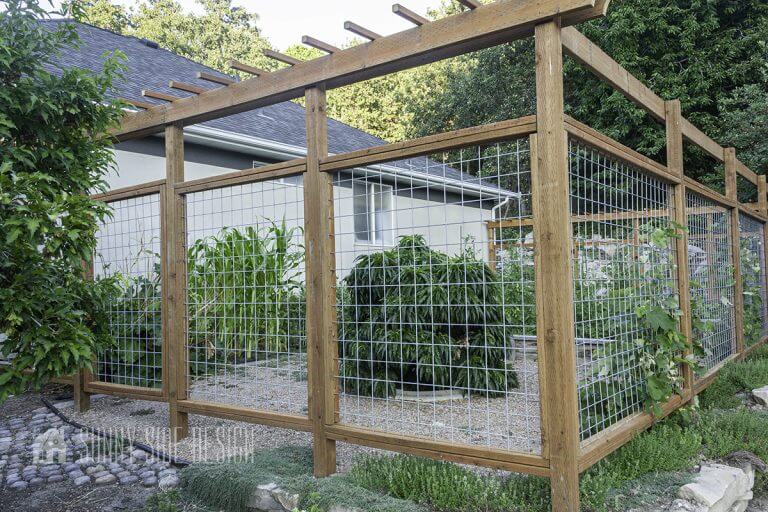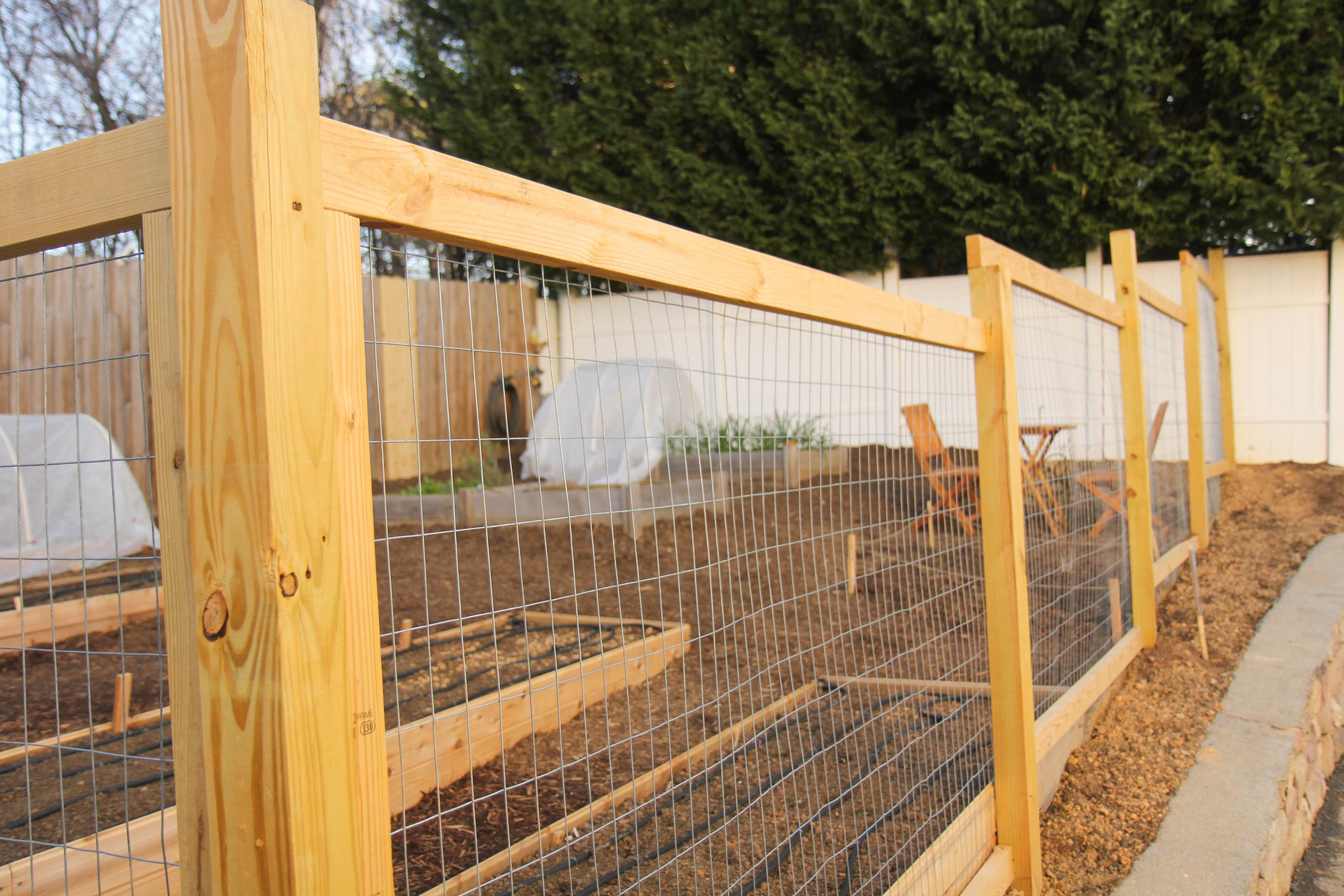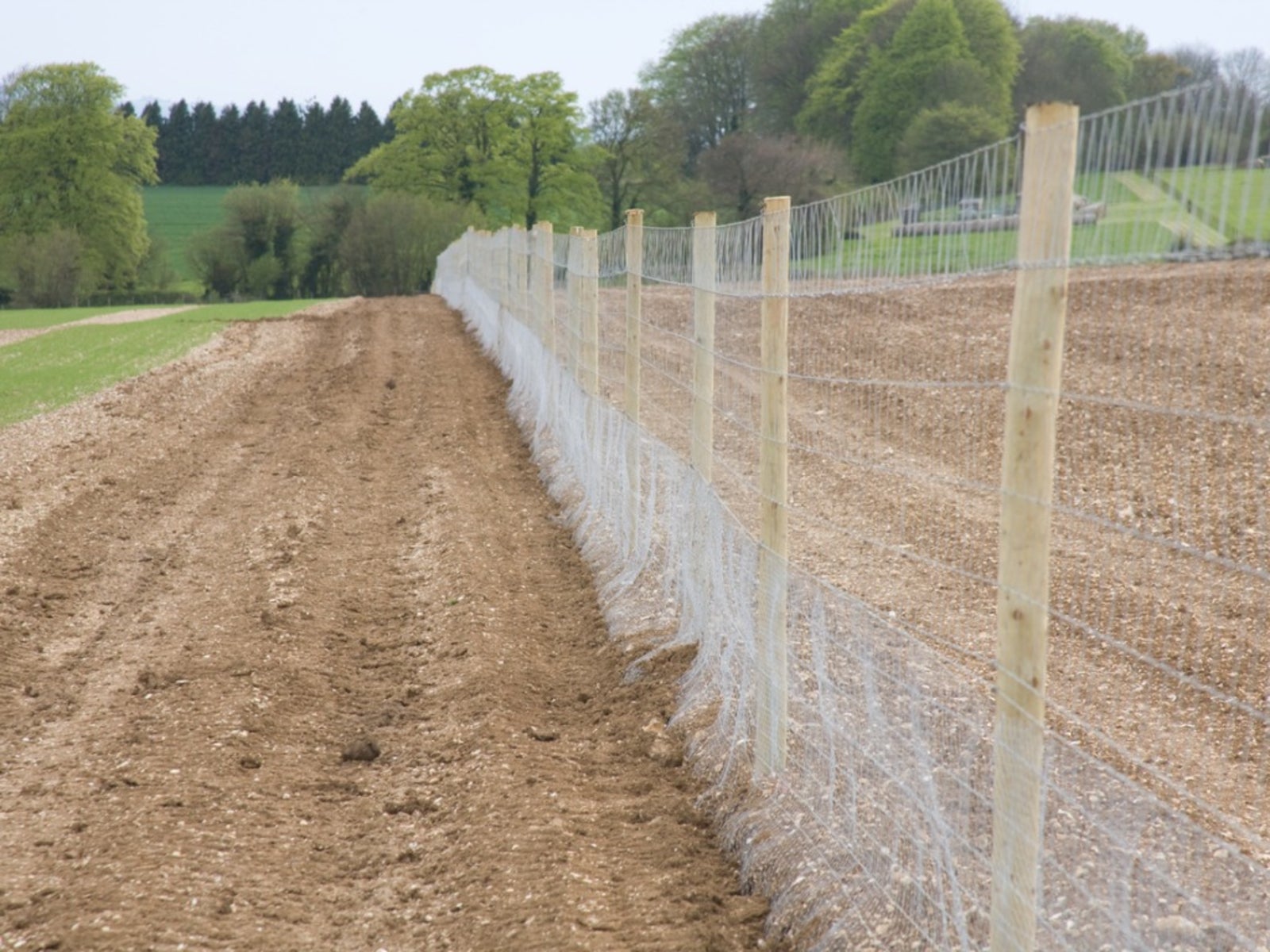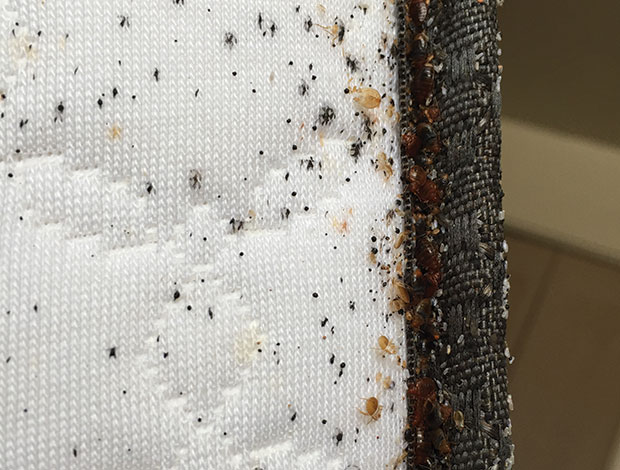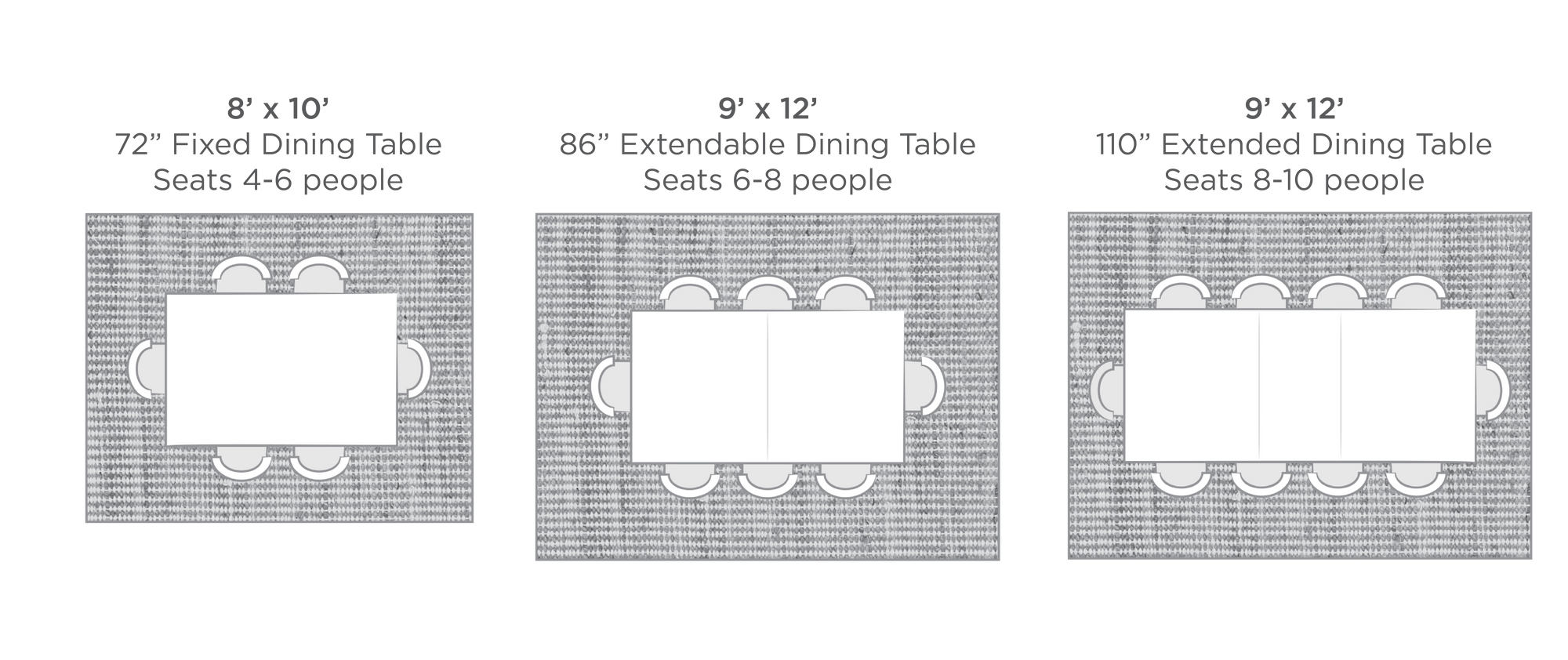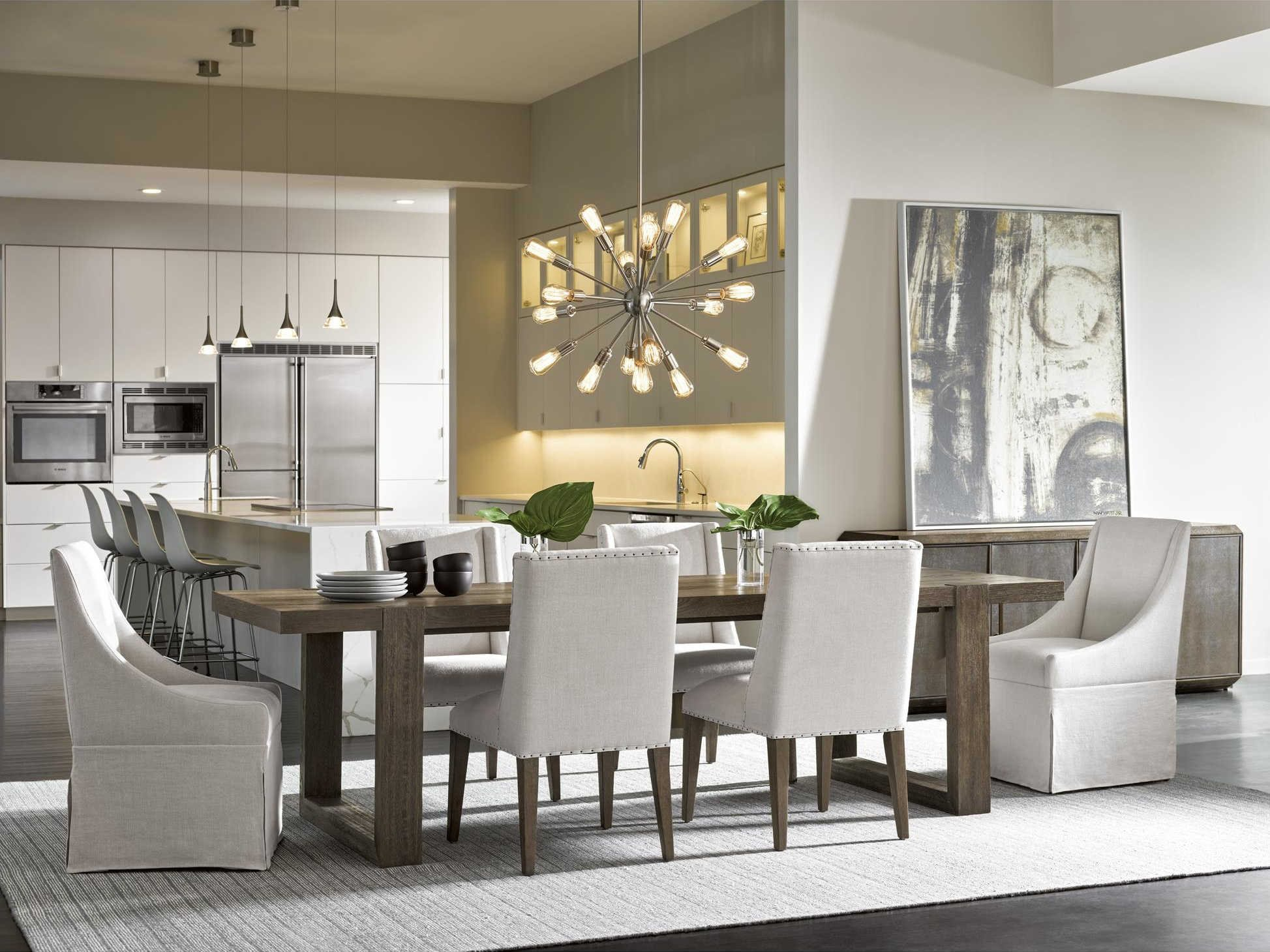When it comes to protecting your property from deer, there are several options available for deer fencing. Each option has its own benefits and drawbacks, so it's important to consider your specific needs before deciding on a deer fence. Polypropylene Deer Fencing: This type of deer fence is made from a lightweight, durable plastic material. It is easy to install and can be a cost-effective option for smaller properties. However, it may not be as effective at keeping out larger deer and can be damaged by strong winds. Wire Deer Fencing: Wire deer fencing is a more traditional option, made from galvanized or coated steel. It is strong and long-lasting, making it a good choice for larger properties and areas with heavy deer activity. However, it can be more expensive and difficult to install. Electric Deer Fencing: This type of deer fence uses a mild electric shock to deter deer from entering your property. It is often used in combination with other types of fencing and can be effective for smaller properties. However, it requires regular maintenance and may not be suitable for all areas. Wooden Deer Fencing: Wooden deer fencing can provide a more natural and aesthetically pleasing option for your property. It is strong and durable, but can also be more expensive and require regular maintenance.Deer Fence Options
Installing a deer fence can be a time-consuming and labor-intensive process, but it is crucial to ensure that the fence is effective in keeping out deer. Depending on the type of fence you choose, installation methods may vary. It is always recommended to hire a professional for larger properties or more complex installations. For polypropylene and wire deer fencing, the posts should be installed at least 8 feet apart and securely anchored into the ground. The fence should be at least 7.5 feet tall to prevent deer from jumping over. Electric deer fencing requires a specialized installation process, often involving burying the fence perimeter and installing grounding rods. If you are installing a wooden deer fence, it is important to use pressure-treated or rot-resistant wood to ensure its longevity. The posts should be anchored into the ground at least 2 feet and the fence should be at least 8 feet tall.Deer Fence Installation
The cost of a deer fence can vary greatly depending on the type of fencing, materials used, and the size of your property. On average, a polypropylene deer fence can cost anywhere from $1 to $3 per linear foot, while wire deer fencing can range from $1.50 to $4 per linear foot. Electric deer fencing can be more expensive, with an average cost of $3 to $5 per linear foot. Wooden deer fencing can be the most expensive option, with an average cost of $5 to $10 per linear foot. It's important to consider not only the initial cost of the fence, but also the long-term maintenance and replacement costs. Investing in a high-quality deer fence may save you money in the long run.Deer Fence Cost
The height of your deer fence is crucial in deterring deer from jumping over and entering your property. The minimum recommended height for a deer fence is 7.5 feet, as deer can easily jump over anything shorter. However, depending on the type of deer in your area, you may need a taller fence. For example, white-tailed deer can jump up to 8 feet high, so a fence of at least 8 feet is recommended in areas with high populations of this species. It's important to also consider the terrain and topography of your property when determining the necessary height of your deer fence. Sloped areas may require a taller fence to prevent deer from jumping onto your property from higher ground.Deer Fence Height
There are several materials to choose from when it comes to deer fencing, each with their own benefits and drawbacks. Polypropylene and wire deer fencing are both lightweight and easy to install, while electric and wooden deer fencing provide more durability and longevity. When selecting materials for your deer fence, it's important to consider the climate and weather conditions in your area. For example, if you live in an area with strong winds, a lightweight fence may not be as effective and could be easily damaged. It's also important to choose materials that are resistant to rust and corrosion, as this will ensure the longevity and effectiveness of your deer fence.Deer Fence Materials
Deer fences come in a variety of designs, from simple wire fences to more intricate wooden designs. The design you choose will depend on your personal preferences, budget, and the layout of your property. Solid wooden fences may provide more privacy and a more natural aesthetic, but they can also be more expensive and require more maintenance. Wire fences are more cost-effective and can blend in with the surrounding landscape, but may not provide as much privacy or protection from other animals. Some designs also incorporate additional features such as gates, which can be useful for accessing your property while still keeping out deer.Deer Fence Designs
In some areas, there may be regulations or restrictions on the height and type of deer fencing you can install. It's important to check with your local government or homeowner's association before installing a deer fence to ensure you are following any necessary guidelines. Some areas may also require permits for installing a deer fence, so it's important to do your research beforehand to avoid any potential fines or legal issues.Deer Fence Height Regulations
While it is possible to install a deer fence yourself, it can be a challenging and time-consuming process. It's important to have the necessary tools and knowledge to properly install the fence and ensure its effectiveness in keeping out deer. If you are considering a DIY approach, make sure to thoroughly research the installation process and have all the necessary materials and equipment. It may also be beneficial to have a friend or family member help with the installation to make the process easier and more efficient.Deer Fence DIY
Gardens and landscaping can be a prime target for hungry deer, so it's important to have a deer fence that is tall enough to keep them out. The recommended height for a deer fence for gardens is at least 8 feet, as this will prevent deer from jumping over and eating your plants. It is also important to ensure that the fence is properly secured to the ground to prevent deer from digging under it. Adding a few inches of extra fencing material buried below ground level can help prevent this.Deer Fence Height for Gardens
For orchards and larger agricultural properties, a taller deer fence may be necessary to protect your crops from deer. The recommended height for a deer fence for orchards is at least 10 feet, as this will prevent deer from reaching and damaging your trees. It's also important to consider adding additional fencing material below ground level to prevent deer from digging under the fence and accessing your orchard.Deer Fence Height for Orchards
Why a Deer Fence is Essential for Every Homeowner
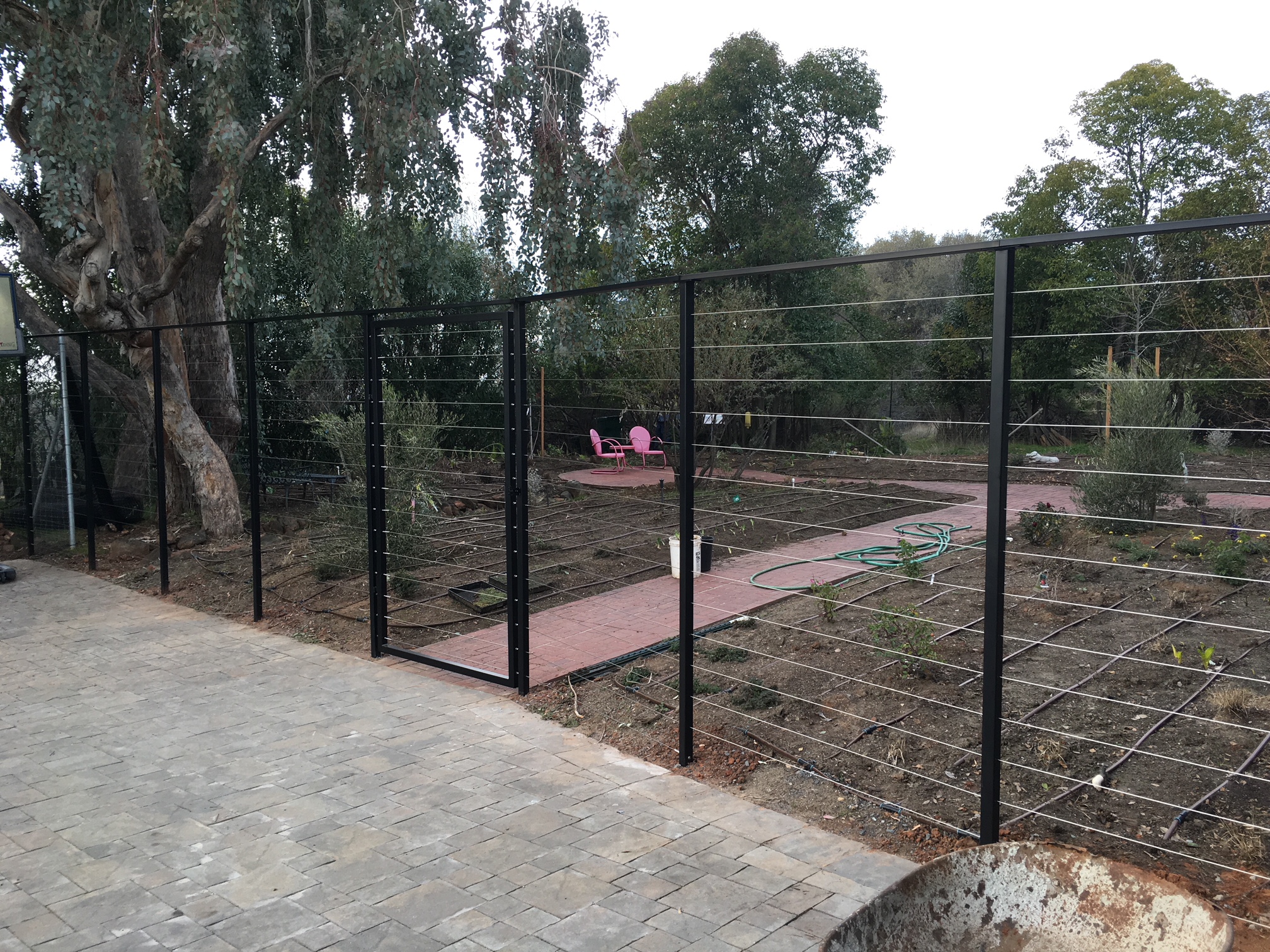
Protect Your Garden and Landscape
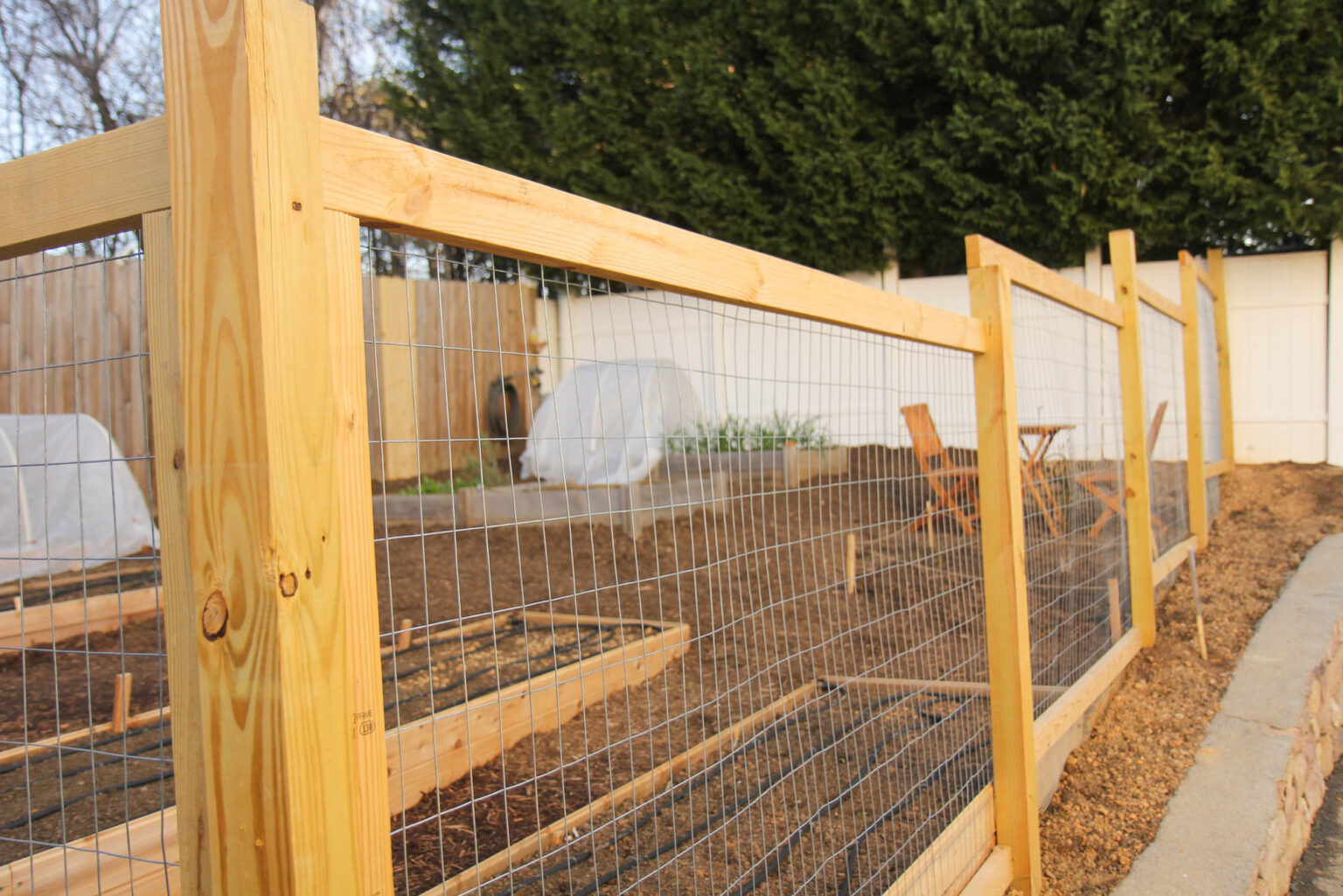 One of the biggest challenges for homeowners who live in areas with high deer populations is keeping their gardens and landscapes intact. Deer are notorious for feasting on plants, flowers, and vegetables. They can quickly destroy all of your hard work and leave you with a barren and unattractive yard. This is where a
deer fence
comes in. By installing a
fence
around your property, you can keep these hungry animals out and protect your precious plants and flowers. This will not only save you time and money on replanting, but it will also ensure that your yard remains beautiful and well-maintained.
One of the biggest challenges for homeowners who live in areas with high deer populations is keeping their gardens and landscapes intact. Deer are notorious for feasting on plants, flowers, and vegetables. They can quickly destroy all of your hard work and leave you with a barren and unattractive yard. This is where a
deer fence
comes in. By installing a
fence
around your property, you can keep these hungry animals out and protect your precious plants and flowers. This will not only save you time and money on replanting, but it will also ensure that your yard remains beautiful and well-maintained.
Prevent Costly Damage to Your Home
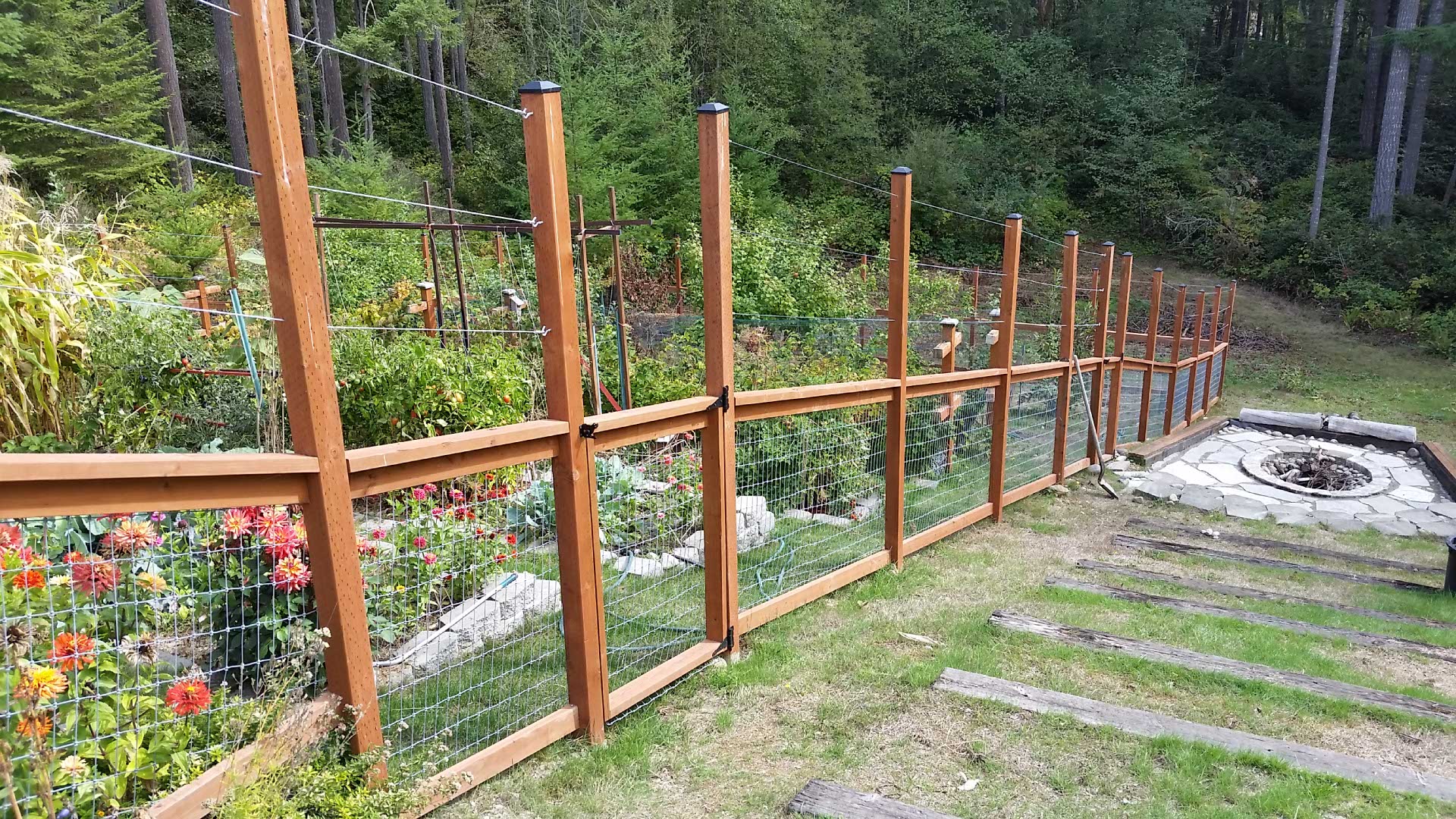 Aside from destroying your garden and landscape, deer can also cause damage to your home itself. These animals are known to rub their antlers against trees and even the sides of houses, causing scratches and dents. They can also chew on outdoor furniture and decorations, leaving them ruined. By having a
fence
in place, you can prevent deer from getting too close to your home and causing any costly damage. This will save you from having to make expensive repairs or replacements in the future.
Aside from destroying your garden and landscape, deer can also cause damage to your home itself. These animals are known to rub their antlers against trees and even the sides of houses, causing scratches and dents. They can also chew on outdoor furniture and decorations, leaving them ruined. By having a
fence
in place, you can prevent deer from getting too close to your home and causing any costly damage. This will save you from having to make expensive repairs or replacements in the future.
Protect Your Family and Pets
Keep Other Wildlife Out
Final Thoughts
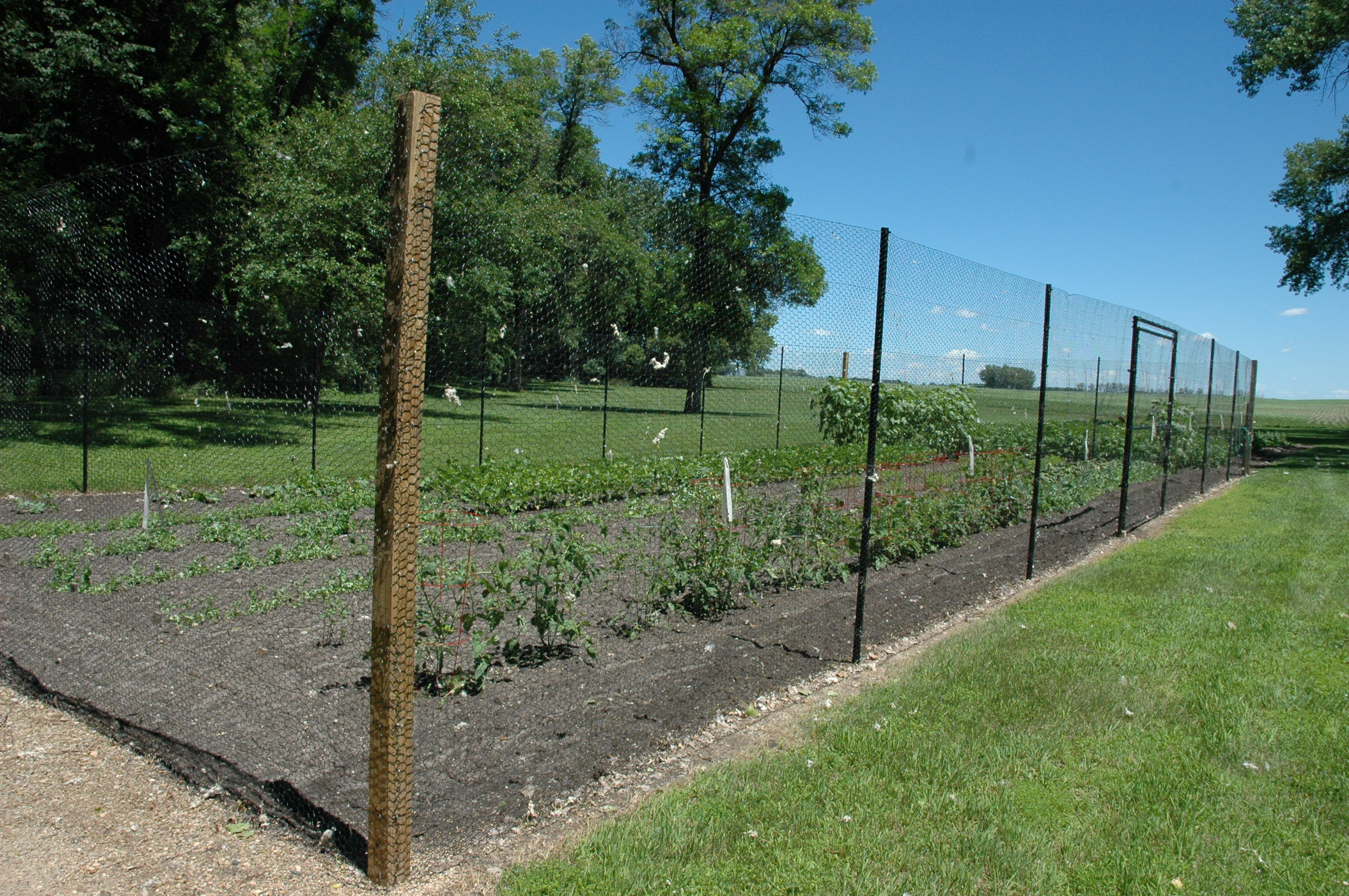 In conclusion, a
deer fence
is an essential addition to any homeowner's property. It not only protects your garden and landscape, but it also prevents damage to your home, ensures the safety of your family and pets, and keeps other wildlife out. With so many benefits, it's clear that investing in a
fence
is a wise decision for any homeowner. So, if you live in an area with a high deer population, don't wait any longer – install a
deer fence
and enjoy a beautiful and protected property.
In conclusion, a
deer fence
is an essential addition to any homeowner's property. It not only protects your garden and landscape, but it also prevents damage to your home, ensures the safety of your family and pets, and keeps other wildlife out. With so many benefits, it's clear that investing in a
fence
is a wise decision for any homeowner. So, if you live in an area with a high deer population, don't wait any longer – install a
deer fence
and enjoy a beautiful and protected property.

